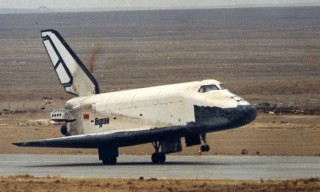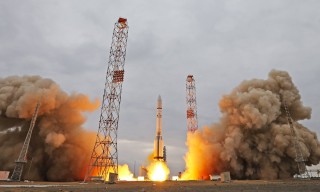New Russian space observatory Millimetron is to be sent to the orbit in 2025. This unit will help gathering information on Universe processes, learn what happens inside black holes, and provide new data on dark matter origin that is supposed to be responsible for universe expansion, – Roscosmos reports.
Millimetron project is included in Russian Federal Space Program. The project was suggested by Astro Space Centre of Lebedev Physical Institute of Russian Academy of Sciences and was supposed to continue and develop Radioastron project, the largest in the world space radio telescope operating at the present time on the orbit along with 40 Russian and foreign ground-based radio telescopes.
Unlike Radioastron perspective Millimetron space observatory will operate in another wavelength range – from 0,3 to 17 millimeters, enabling to increase telescope’s angular resolution. Millimetron is expected to study the processes inside the black holes, capture the processes of stars and exoplanets formations, specify the data on dark matter.
In 2014 JSC Reshetnev Informational Satellite Systems made full-size mockups of observatory elements and started testing them.
The space device itself will be made on the basis of Navigator-M platform designed by Lavochkin. In 2025 Millimetron will be launched to its working orbit – L2 Sun-Earth Lagrangian point at the distance of 1,5 million kilometers from the Earth.



















